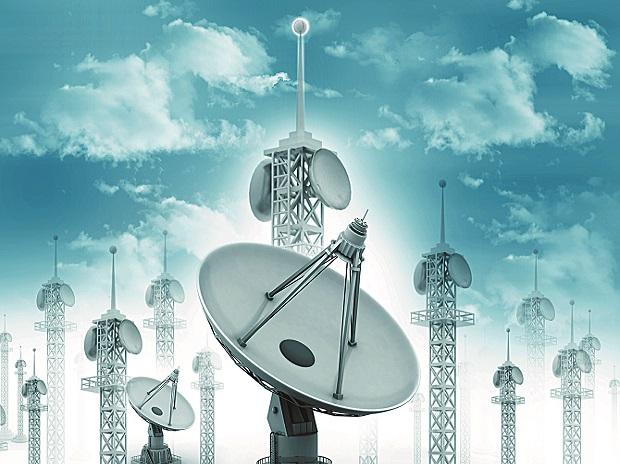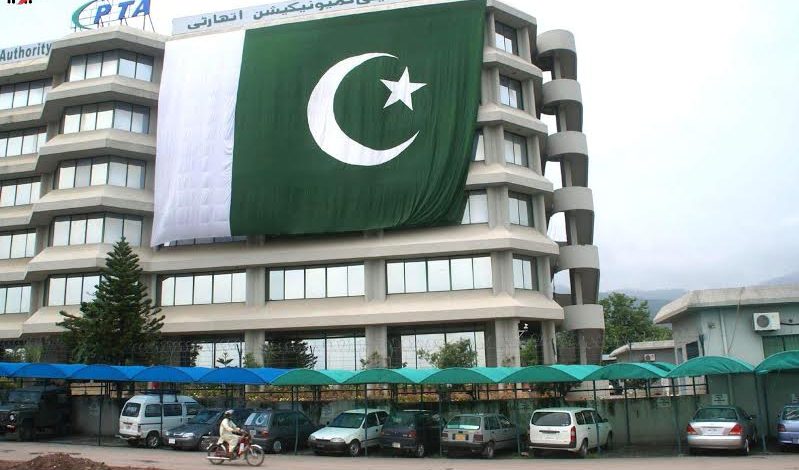Lessons to take from spectrum auction
Markets should decide on best price for any country
Anyone, who had anything to do with the telecom sector, did not expect the entire offered spectrum to get sold in the latest spectrum auction. But no one thought that only one out of four potential bidders would bid, for not even one-third of the offered spectrum.
Need of spectrum
Connectivity (ie: telecom) is the first pillar of Digital Pakistan. But no matter which global ICT index you look at, our telecom sector is lagging behind all our neighbours (except Afghanistan). One does not need any proof of that. As consumers we all know that the quality and speed of the broadband internet is quite pathetic – except in some affluent areas of big cities. During the pandemic, students have been finding it hard to study online, knowledge workers could not work from home, our huge freelancing export potential remains largely unexploited, and so on.
Like almost all the developing countries, the primary access to internet for us Pakistanis is through mobile. As per the Pakistan Telecommunication Authority (PTA), out of 104 million broadband subscriptions in the country, 102 million are mobile. That is why the dream of Digital Pakistan rests on mobile broadband. And since mobile relies entirely on spectrum, the spectrum assumes great importance.
However, Pakistan is one of the most spectrum deprived countries in the world. The total amount of spectrum released in Pakistan is the lowest in the region –even less than Afghanistan. Not that spectrum is unavailable. A huge amount of unused spectrum is lying there with the government, ready to be released. Unused spectrum loses its economic potential every passing day.
Then why?
So why did most of the offered spectrum not get sold last week?
For that we will have to go back to the 2014 spectrum auction – which was held after a long gap of 10 years, delaying the introduction of mobile broadband in Pakistan (at that time 3G) by at least five years. However, due to some weird conditions and high auction floor prices, not all spectrum was sold. And whatever spectrum did sell, it did not sell above the auction floor prices. No one bid anything higher. No “bidding” took place as such.
In 2016 and 2017, two spectrum auctions were held, not for any new spectrum, but to sell the unsold spectrum of 2014. Only one Mobile Network Operator (MNO) came forward each time, and lifted the offered spectrum at the floor price. No bidding again.
There were some lessons to be learnt here. The first and foremost being; it is the market that decides the best price for any country. Whenever there is an attempt to manipulate the market (eg: setting high floor prices) things start failing. The bigger the manipulation, the higher is the impact.
The market decisions are based on the country’s specific socio-economic circumstances and parameters like country’s economic situation, security situation, size, terrain, ARPU (Average Revenue Per User), etc. For example, Pakistan is fortunate to have one of the lowest ARPUs in the world (approximately $1.23). According to ‘Alliance for Affordable Internet’, consumer tariff-wise, we are 18th lowest in the world (for comparison, Bangladesh with ARPU of approximately $1.71 is rated 45th).

Some other conditions raise the floor prices even higher.
For instance, Pakistani MNOs earn in Pak rupees but the spectrum prices are pegged to US dollars. That may not have been a big issue if rupee had been more stable (like BD Taka). The devaluation of rupee in the last couple of years alone already increased the spectrum prices by over 50%.
In the latest auction there is also the requirement to double the internet speeds. Now there is no doubt that we need better (much better) broadband speeds. However, it is also understandable that improving speed requires more investment in the infrastructure on the ground. Therefore, perhaps better would have been to give some “relief” to the MNOs in spectrum prices (not as favour to them) but then force them to invest much more in the infrastructure to drastically improve quality and data speeds.
Other impacts
Failed spectrum auctions also send negative signals to foreign investors in general. There are many countries that can afford such negative signals, but not we. Our economy is just coming out of the effects of a long so-called war on terror. Not only billions of dollars of anticipated foreign investments in 5G are at stake, the negative signals travel to investors of other sectors too.
Spectrum also has an impact on climate change, because less spectrum in use means that the same spectrum has to be re-used more often. For that one needs more radio base stations, which means more energy consumption, ie more greenhouse gasses thrown into the atmosphere. In a country whose prime minister is a strong proponent of green initiatives, we could incentivise the MNOs to use more spectrum with minimum possible base stations.
The counter argument
To be fair, one must state the counter argument as well. Government officials claim that the issue is not of high floor prices, actually there is no demand for spectrum in Pakistan. As proof they cite the examples of previous three spectrum auctions (2014, 2016 and 2017 described above).
If true, then it is again for the government to ascertain the reasons of low demand in Pakistan, since there appears to be ever-increasing demand for spectrum by MNOs all over the world. Some governments appear to bend over backwards to provide more spectrum to their MNOs. China, Japan, Russia, etc even give it free. They surely do not do it as a favour to the companies. They do it because it positively impacts their economies.

Way forward
So where do we go from here?
Firstly, the mindset – that these private businesses make a lot of money, therefore it is fair to extract as much as possible from them – has to change. We have to stop treating wealth creation as a crime. Secondly, the total and absolute focus on upfront spectrum charges must change. This used to be the norm worldwide 20 years ago. This is no more. Nowadays advanced countries instead target the socio-economic development that results from use of broadband.
Our relevant officials are all upright, well-meaning, and mature. All they need to do is to swallow the pride, cancel this auction and start afresh. All the public and private stakeholders should come together – as partners, not adversaries – and collectively identify the issues. For example, if ‘lack of demand’ is identified, then dive deeper to find out why there is lack of demand only in Pakistan. And address the issue.
Ultimately, we need decisions in which everyone has a stake, and are beneficial for the nation as a whole. The consequences of being left behind in broadband (which is happening) are too serious and too far reaching for the country.
This painstaking exercise would mean putting the country back by another six months. So be it. On a lighter note, as the prime minister often says, there is no military solution!
The writer is former CEO of the Universal Service Fund and is providing ICT consultancy services in several countries of Africa and Asia
Published in The Express Tribune,


